The Rise of American Sneaker Culture: Brands That Shaped It

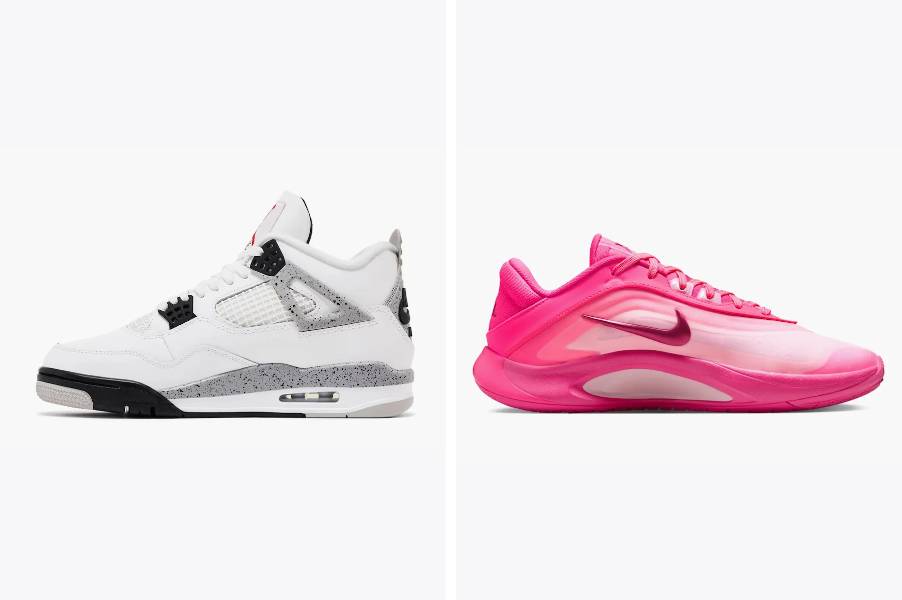
Sneakers in America have grown far beyond their original purpose as athletic footwear—they've become a powerful symbol of identity, style, and cultural expression. Over the decades, sneakers have transitioned from sports gear to fashion essentials, dominating the worlds of music, art, and street style. From basketball courts to music festivals, they represent personal taste, social belonging, and sometimes even political statements. American sneaker culture is a rich result of years of evolution, grassroots movements, and strategic brand storytelling, with several iconic brands playing pivotal roles in defining its legacy.
Nike: Revolutionizing the Sneaker Game
Nike stands as perhaps the most influential brand in the rise and global dominance of sneaker culture. Since the release of the Air Jordan 1 in 1985, the company has masterfully blended sports, fashion, and marketing into a single irresistible package. Michael Jordan’s partnership with Nike not only elevated his stardom but also created a seismic shift in how athletic shoes were perceived. The Air Jordan line, with its bold designs and limited releases, set the stage for what is now known as sneaker hype culture. Through strategic collaborations, viral campaigns, and cutting-edge innovation like Nike Air and Flyknit, Nike continuously reshaped the boundaries between performance and lifestyle wear.
The rise of limited releases, exclusive collaborations with artists and designers, and a high resale market can all trace their origins back to Nike’s groundbreaking approach to marketing and consumer engagement. The brand’s ability to tap into emotion, aspiration, and cultural relevance has ensured its long-standing place at the top of the sneaker hierarchy.
Converse: The Original Icon
Long before the modern sneaker boom, Converse had already laid the foundation. Founded in 1908, the brand gained widespread recognition with the introduction of the Chuck Taylor All Star in 1917. Initially designed for basketball, the shoe quickly transcended its athletic origins to become a timeless fashion staple. Its simple canvas construction, rubber sole, and iconic star emblem made it an easy choice for everyone—from athletes and rock stars to skaters and rebels.

Throughout the decades, Converse has remained a cross-generational cultural staple. It has been adopted by punk rockers, hip-hop artists, and indie bands alike, making it one of the most versatile and enduring sneaker silhouettes ever created. The brand’s influence is so deeply ingrained in American culture that even in a rapidly changing sneaker market, the Chuck Taylor continues to be relevant, stylish, and effortlessly cool.
Adidas (U.S. Influence): Hip-Hop and Street Legacy
Though founded in Germany, Adidas has had a profound and lasting influence on American sneaker culture—especially through its early embrace of hip-hop. In the 1980s, when Run-D.M.C. boldly wore their Adidas Superstars without laces and rapped “My Adidas,” they weren’t just expressing style—they were launching a revolution. Adidas responded by offering one of the first-ever endorsement deals between a music group and a sneaker brand, signaling a cultural shift in how sneakers were marketed and perceived.
Adidas continued to cement its place in the U.S. sneaker landscape by blending fashion and function through models like the Stan Smith, Forum, and UltraBoost. Its embrace of streetwear, artist collaborations (think Kanye West's Yeezy line), and innovation in comfort and design has allowed it to stay competitive in a crowded market. Adidas not only tapped into nostalgia but also created forward-looking silhouettes that speak to both old-school and next-gen sneaker lovers.
Reebok: The ‘80s & ‘90s Fitness Explosion
During the aerobics explosion of the 1980s and the rise of urban basketball in the 1990s, Reebok was at the forefront of innovation and style. The brand captured the spirit of athletic empowerment, particularly among women, with shoes like the Freestyle. Meanwhile, performance-driven models like the Pump and Question Mid helped Reebok make a serious impact in professional sports and urban culture alike. Allen Iverson’s iconic partnership with Reebok brought street credibility and raw authenticity that resonated with fans across America.
What set Reebok apart was its boldness in marketing and design. The Pump’s inflatable technology, aggressive advertising, and sleek lines made it one of the most memorable sneaker releases of its time. Although Reebok has seen its ups and downs in recent years, its vintage silhouettes continue to find appreciation among collectors and streetwear fans who cherish the golden era of sneakers.
Vans: West Coast Vibes and Skate Roots
Vans, founded in 1966 in Southern California, quickly rose to prominence through its deep connection with the skateboarding community. Its rugged construction, sticky waffle sole, and minimalist style made it ideal for skate parks and halfpipes. Over time, Vans became more than just a skater's shoe—it became an emblem of West Coast youth culture. Its rise was fueled not only by its function but by its embrace of individualism, punk rock, and alternative fashion movements.
Styles like the Old Skool, Slip-On, and Era remain bestsellers, thanks to their timeless aesthetic and cultural cachet. Vans’ collaborations with artists, bands, and even luxury fashion labels helped elevate its brand while keeping it rooted in authenticity. From Warped Tour stages to high fashion runways, Vans proves that staying true to your roots doesn’t mean you can’t evolve.
New Balance: Quality, Comfort, and Culture
Once considered a dad shoe brand known for orthopedic comfort and conservative designs, New Balance has undergone a significant transformation. The brand’s commitment to craftsmanship—especially through its Made in USA and Made in UK collections—has garnered respect among sneaker purists. Its high-quality materials, retro-inspired silhouettes, and understated color palettes appealed to those seeking both function and style.
The brand’s appeal exploded in the 2020s thanks to strategic collaborations with tastemakers like Aimé Leon Dore, JJJJound, and Salehe Bembury. Models such as the 990 series and 2002R found widespread acclaim for their blend of comfort, premium construction, and low-key cool. New Balance exemplifies how a focus on quality and authenticity can reposition a heritage brand as a modern icon in sneaker culture.
Conclusion
American sneaker culture is a rich tapestry woven from athletic greatness, street innovation, musical influence, and fashion-forward thinking. Brands like Nike, Converse, Adidas, Reebok, Vans, and New Balance didn’t just create shoes—they crafted cultural movements. Each brand contributed a unique voice to the evolving narrative of sneaker history. Whether it’s the Jordan legacy, Chuck Taylor’s punk roots, or New Balance’s luxury comfort, sneakers continue to serve as a platform for storytelling, identity, and social connection. And as new generations reinterpret what sneakers mean to them, the culture will only keep expanding in exciting, unpredictable directions.
Must Reads
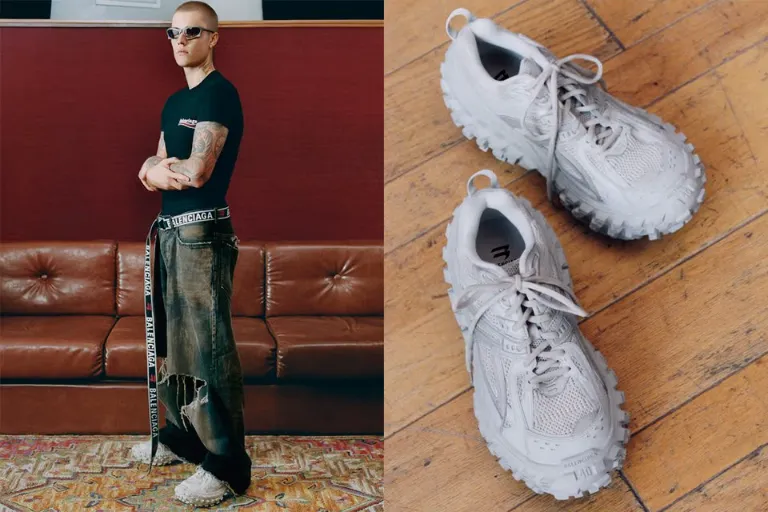
High Fashion Meets Sneakers: The Latest Luxury Drops
Sneakers are no longer just about performance; they've become a staple in luxury fashion. This article explores the latest high-end sneaker drops that merge street style with premium craftsmanship, creating statement pieces for collectors and fashion-forward consumers.

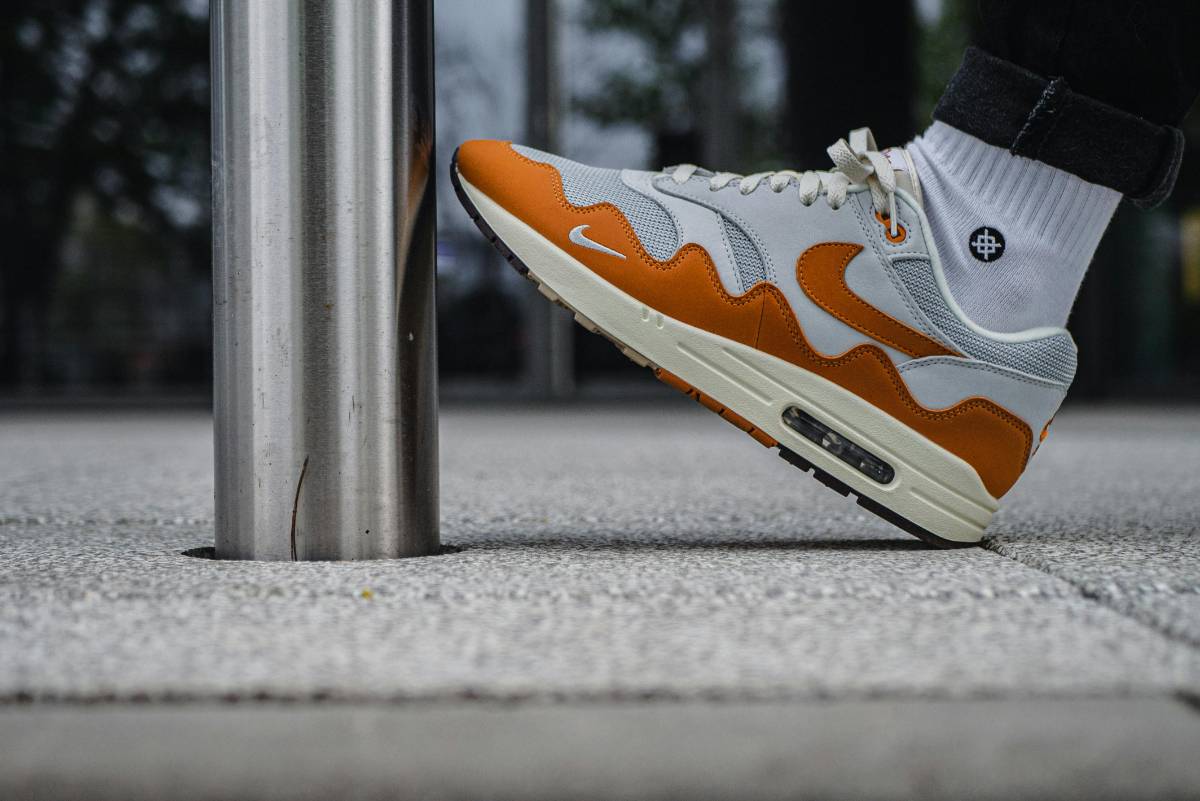
Hottest Sneaker Releases of the Month: Must-Have Kicks
Sneaker enthusiasts, it's time to gear up! This month is packed with some of the most highly anticipated sneaker releases, from hyped collaborations to fresh takes on classic silhouettes. Here are the must-have kicks you need to watch out for.

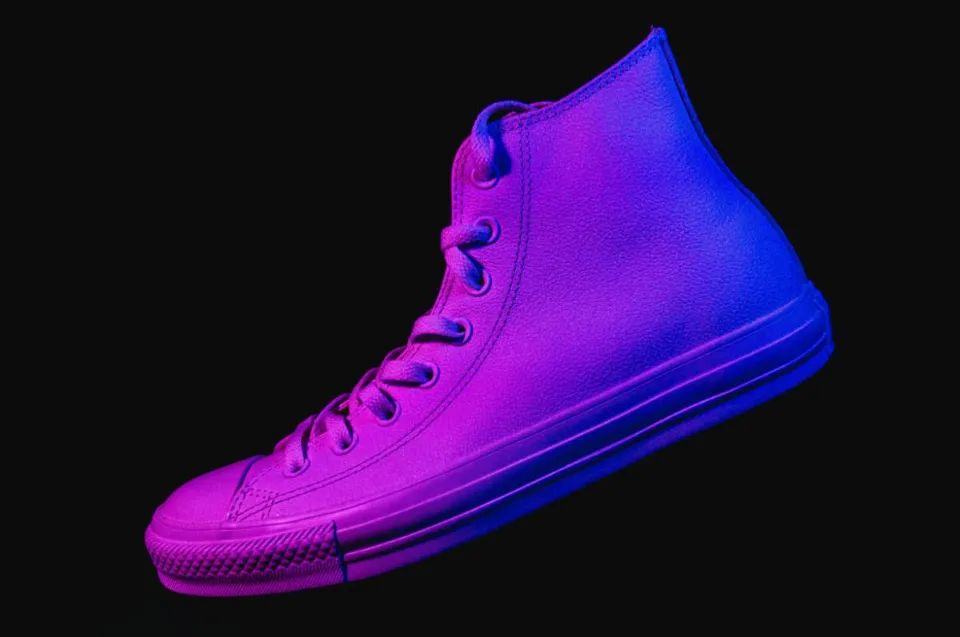
Sneakerhead’s Guide to the Latest High-Top Sneaker Drops
High-top sneakers are making a strong comeback in 2025, blending classic designs with modern innovation. From iconic retro revivals to futuristic styles, here are the latest high-top sneaker drops every sneakerhead needs to know about.

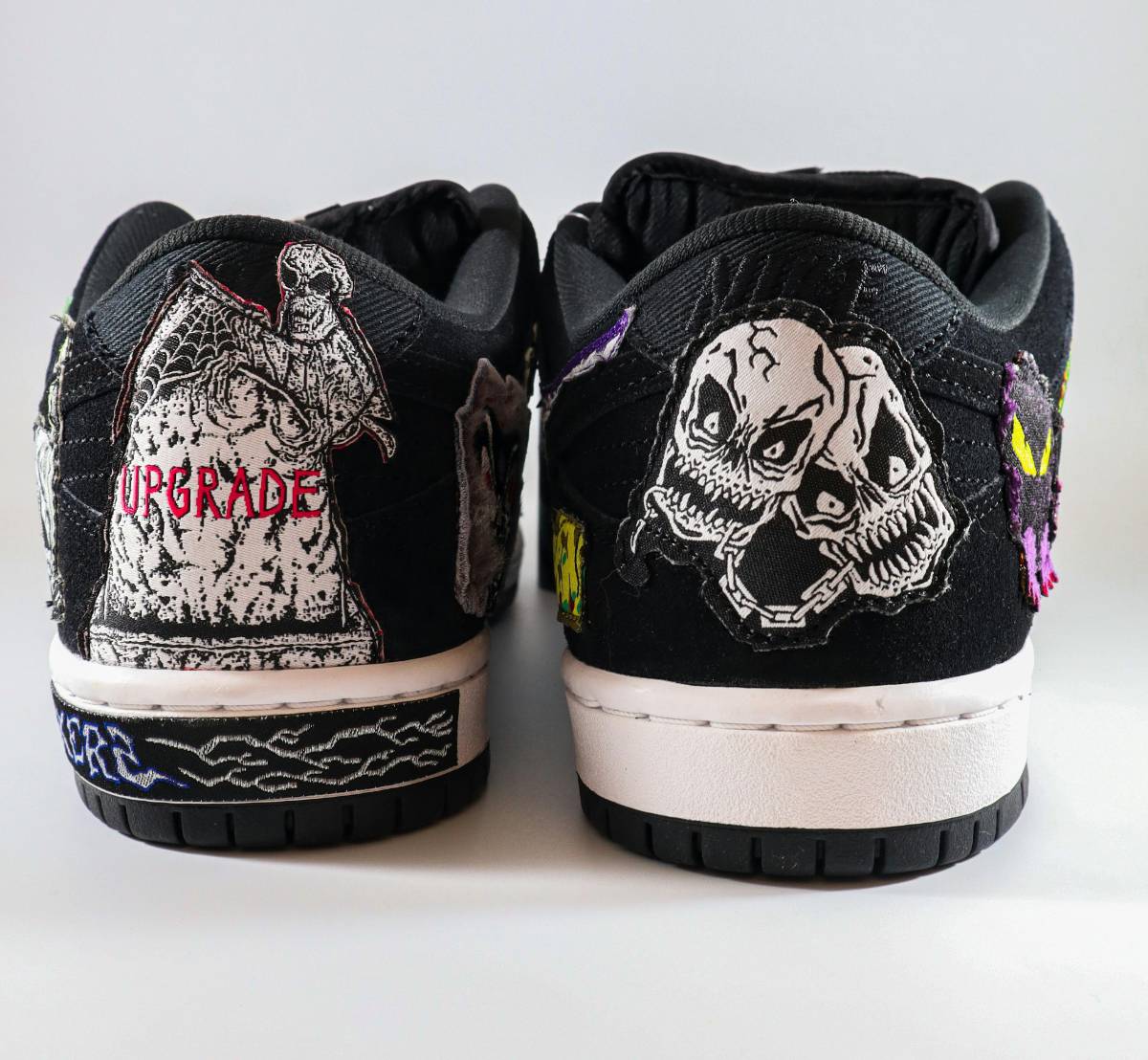
Luxury Sneaker Reviews: Are Designer Kicks Worth the Price?
Luxury sneakers have become a statement piece in the fashion world. Brands like Gucci, Balenciaga, and Louis Vuitton offer high-end designs, but are they worth the price? Let’s take a closer look.

